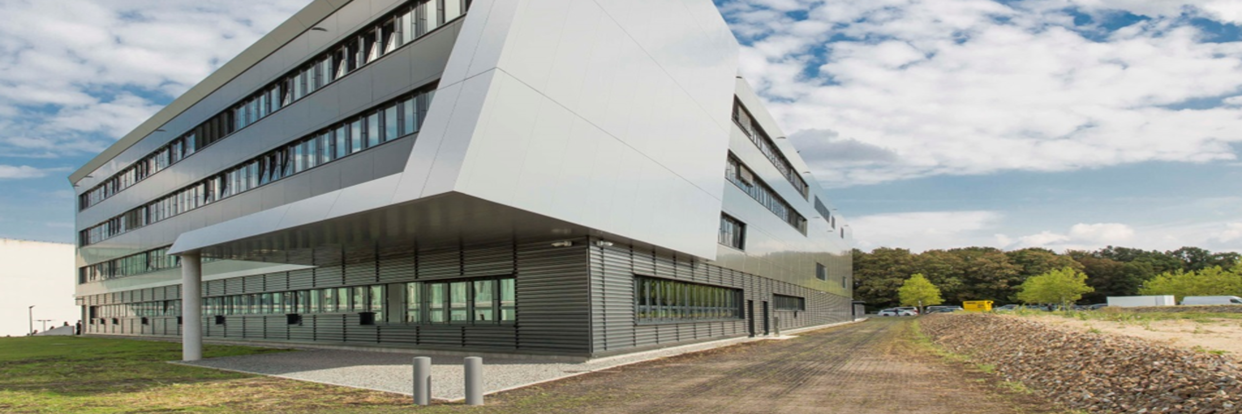

The joint project “CirProTech – Circular Production Polymer Technologies” is being implemented as part of the third funding phase of the Open Hybrid LabFactory (OHLF) research campus. Against the backdrop of global challenges in the use of plastics, sustainable production methods are becoming increasingly important – a trend that is also reflected in the EU's recycling requirements for the mobility sector. Linear production models lead to considerable environmental pollution and high resource consumption, particularly through the emission of climate-damaging greenhouse gases. In the mobility sector, especially in the automotive industry, the extensive use of plastic components is forcing the industry to undergo a profound shift toward sustainable use. Interest in the use of recycled materials is also growing in the aerospace industry, especially carbon fiber composites (CFC).
The aim of the project is to develop and implement sustainable, closed-loop material cycles for plastic and CFRP components. The focus is on two key applications: the recycling of plastics for use in automotive components and the recycling of CFRP structures. The introduction of circular production processes aims to significantly reduce the use of primary resources and the amount of waste generated. This contributes to improving the overall ecological balance and simultaneously creates economic potential for companies in which sustainable value creation is an integral part of their production processes.
The main challenges in implementation are ensuring sufficient quantities of high-quality recyclates and further developing efficient processes for material recycling. To ensure a single-type material flow, precise methods for detecting different types of plastic and carbon fiber qualities are required, as well as a transparent, data-driven production method. Close cooperation along the entire value chain and the establishment of cross-industry standards are essential prerequisites for the successful progress of the project.
Plasma-assisted pyrolysis (PAP) is being investigated as a separation process for the realization of a closed material cycle in CFRP recycling. The aim is to recycle carbon fiber composites in an environmentally friendly and economical manner. The energy-intensive carbon fibers used in their manufacture are to be recovered and made available for use in new CFRP components. At the same time, the organic components are converted into usable pyrolysis products. The focus is on developing an innovative approach to the use of microwave plasmas, which can be used to thermochemically convert the organic resins of the CFRP composite material without significantly damaging the carbon fibers.
Modern spectroscopic methods such as FTIR and THz spectroscopy are used in the field of plastics recycling. These enable precise analysis and sorting of challenging materials such as the black-colored plastics often used in the automotive sector. In addition, research is being conducted into how paints and coatings can be efficiently removed using innovative methods such as flash tempering.
Recycling processes are being optimized in a targeted manner by combining data-based methods with life cycle engineering. The aim is to create sustainable value and make a consistent transition to a truly circular economy.
Associated Partners: